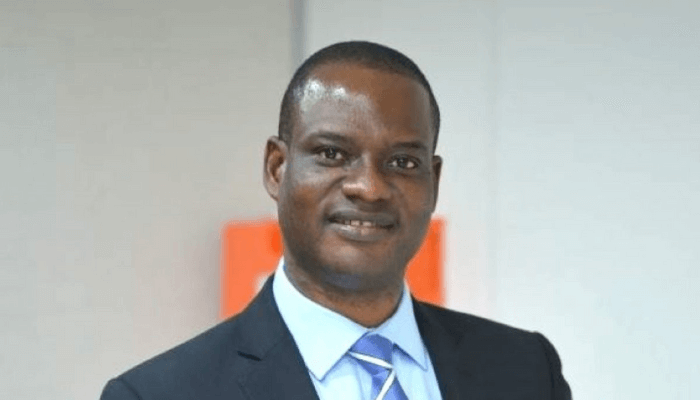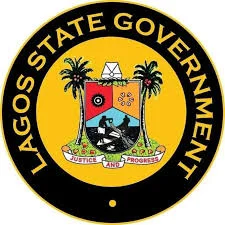The governor of the Central Bank of Nigeria, Dr. Olayemi Cardoso, has stated that natural catastrophes and violence have jeopardized the financial stability of nations.
The PUNCH recorded that, at the Joint World Bank/IMF/WAIFEM Regional Training on Medium Term Debt Management Strategy in Abuja on Monday, Cardoso issued the warning.
The head of the Apex bank stated that “Recent occurrences such as the COVID-19 pandemic, geopolitical conflicts, and natural disasters have put a strain on many countries’ finances, making them more likely to seek loans from diverse sources.” Director of the CBN’s Monetary Policy Department, Dr. Mohammed Tumala, was representing the head of the top bank.
In contrast to Paris Club loans, these non-traditional lenders could have more stringent repayment requirements and possibly higher risks.
“The financial strain on our sub-region has escalated following the COVID-19 pandemic, along with other developments such as geopolitical conflicts and natural disasters, posing a threat to their macroeconomic and financial stability and prospects for faster recovery,” the speaker stated.
He continued by making the case that managing debt owing to the Paris Club would not be as beneficial for this new group of lenders. Cardoso voiced worry that many nations’ financial stability and economic recovery may be in jeopardy as a result of this new debt scenario.
“Significant debt servicing obligations to non-Paris Club members and private lenders, including commercial banks and bond investors, are increasingly influencing public debt dynamics, this change in the debt structure is an important development,” stated the governor of the CBN.
Additionally, Nigeria is very vulnerable to debt distress, according to the West African Institute for Financial and Economic Management, which has encouraged the federal government to find measures to increase income collection.
“When you compare Nigeria with the rest of the world or peer countries, you realize that with the 37% debt to GDP ratio, we still have room to borrow. The issue with the Nigerian debt is that you use GDP to pay debts rather than using the revenue to pay any debt,” the director-general of the West African Institute for Financial and Economic Management, Dr. Baba Musa, said to journalists.
“Nigeria is very vulnerable to financial trouble due to its borrowing practices. Therefore, it is imperative that we increase our revenue generation capability. The higher our revenue, the lower our debt-to-income ratio.
“We have a window for the government to raise more revenue, expressing WAIFEM’s strong support for what the federal government is doing. All that the public needs to do is assist the federal government in increasing its revenue streams and diversifying its income sources, which will solve its revenue problems rather than its debt problems, Musa stated.
“The Medium Term Debt Strategy allows you to minimize the cost and risk that future loans will add to the debt portfolio, it smoothes the debt service so that moving forward, when you borrow, you take into consideration the redemption profile that you have and the type of loans that you have in your existing portfolio,” explained Musa.
The International Monetary Fund stated in May 2023 that if the world were divided into two separate commercial blocs focused around China or the US and the EU, Sub-Saharan Africa would be the region most at risk.
Our projections indicate that within ten years, in this extreme scenario, the economies of sub-Saharan Africa might permanently collapse by as much as four percent of their real gross domestic product which indicate losses greater than those incurred by several nations during the Global Financial Crisis.










